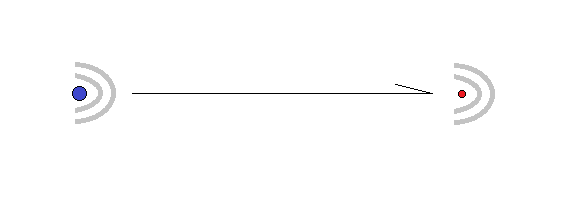Entropy has been suggested as time because it has direction. Drop a glass on the floor, and it's evident which way time flows, namely from order to disorder. However, this way of looking at time doesn't work for processes where there's no entropy.
Processes with no energy loss can be filmed and run backwards. It looks correct either way. But this is only because we are as yet unable to capture pilot waves on film. Once we do, we will see that no process is without direction, and that this has nothing to do with entropy. Even if there's no energy loss, we have the pilot waves to tell us which frame of film comes before or after a given frame.
The only particles that have no pilot waves associated with them are zero-point particles in the aether itself. It can therefore be argued that the aether has no time of its own. It transmits and directs time, but time itself is local to each particle.
Each particle interacts with other particles in a time frame that is local to itself. However, particles coordinate their pilot waves with each other. They produce wave fronts and resonant structures. Time is thus coordinated through all systems, yielding a real but non-physical notion of universal time. Atomic time, in the form of single particles and their pilot waves, combine to produce universal time in much the same way that these particles combine into grand structures and systems that include our bodies and the universe at large.

No comments:
Post a Comment